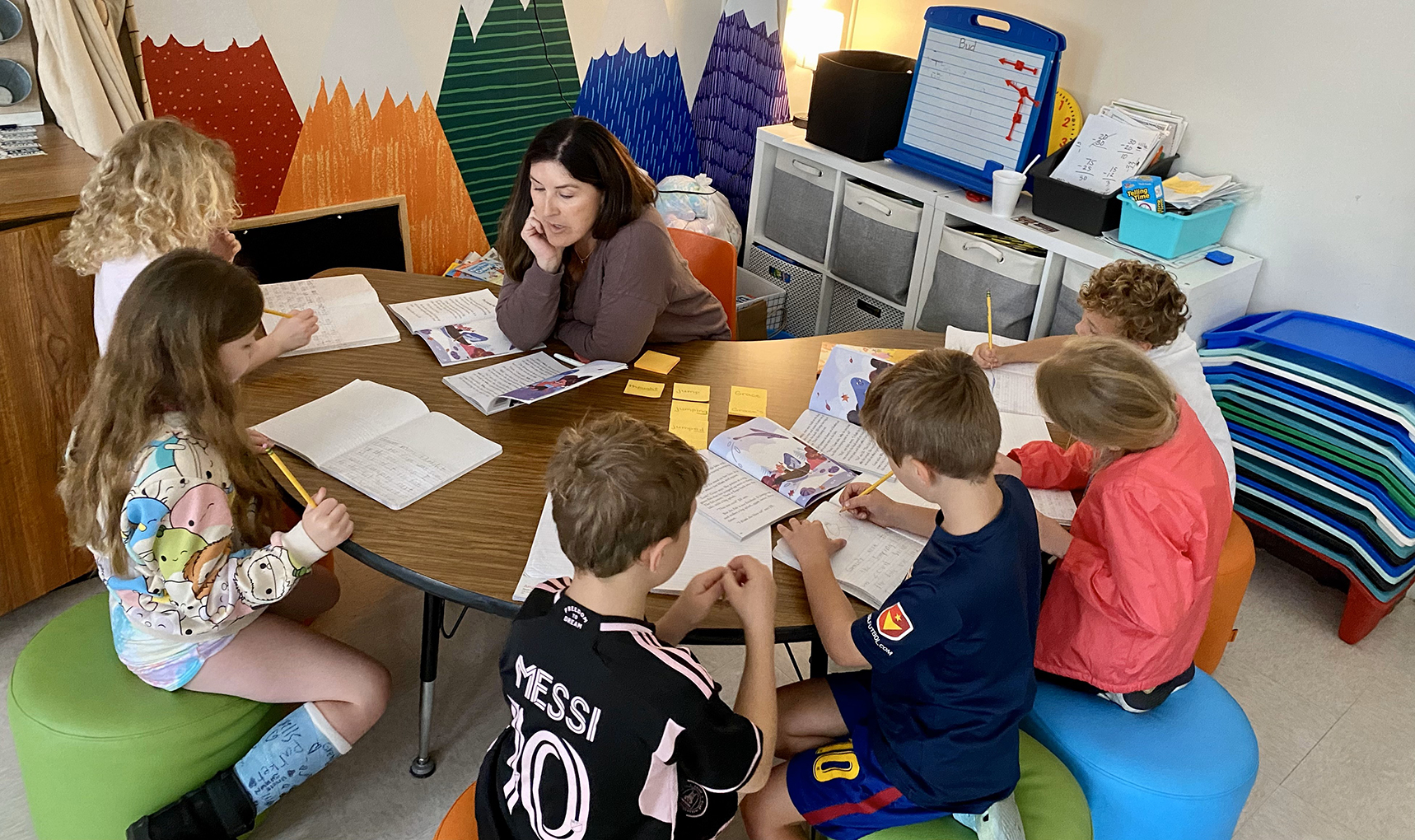By Teresa Rogers
teresa.rogers@education.ky.gov
As a teacher, you are faced with dozens of decisions every day. How, when and where dominate your thoughts as you consider endless instructional decisions on a daily basis.
To make matters more difficult, publishers and websites guarantee products and strategies that promise huge gains in student achievement. Amid all the rhetoric, how do you choose solid instructional practices to improve the literacy skills of students in your classroom?
Two recent publications, “Essential Instructional Practices in Early Literacy Pre-K” and “Essential Instructional Practices in Early Literacy Grades K to 3,” can provide guidance in the right direction. Developed by the Early Literacy Task Force – a subcommittee of the Michigan Association of Intermediate School Administrators’ General Education Leadership Network – each document identifies 10 research-supported literacy instructional practices that should guide classroom routines. The K-3 practices build on the foundation presented in the pre-K document and support the developmental progression of the Kentucky Academic Standards.
The practices within each document will be familiar to most teachers, such as reading aloud age-appropriate books, explicit instruction in letter-sound relationships and intentional and ambitious efforts to build vocabulary and content knowledge. However, the clarifying descriptors for each practice may be useful for teachers to refine their instructional skills. The guidelines are not prescriptive, but can be used within a variety of structures and approaches to literacy instruction.
Additionally, the authors recommend using these practices throughout the day, not in an isolated block identified as “English Language Arts” or “Literacy.” These practices should occur as a natural integration in learning about mathematics, science and social studies, and certain aspects of social, emotional and physical development.
Literacy development in kindergarten through 3rd grade is a key predictor of later literacy achievement. Daily instructional decisions made by teachers have an enormous impact on the development of literacy knowledge and skills. While there are other literacy practices that may be worthy of consideration, the 10 highlighted in each document should be an integral part of literacy instruction for all pre-K through 3rd-grade students.
RESOURCES …



Leave A Comment